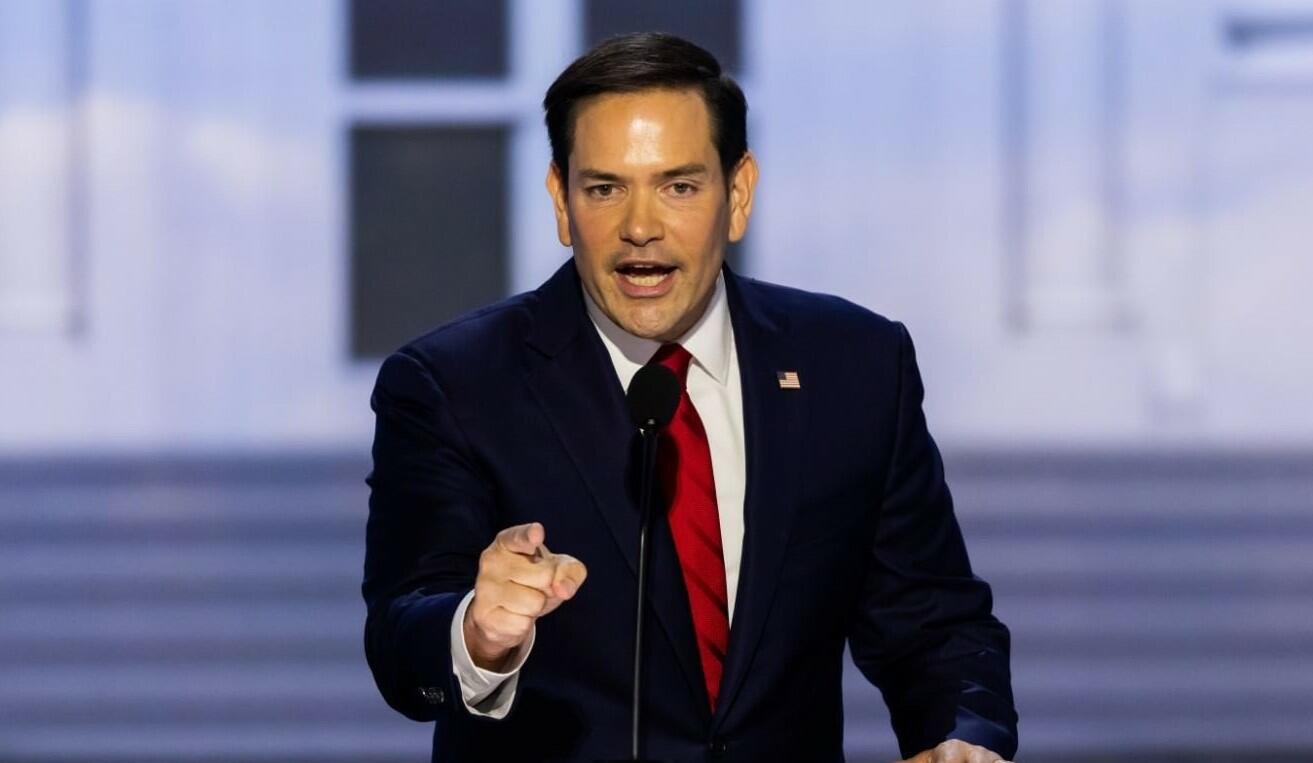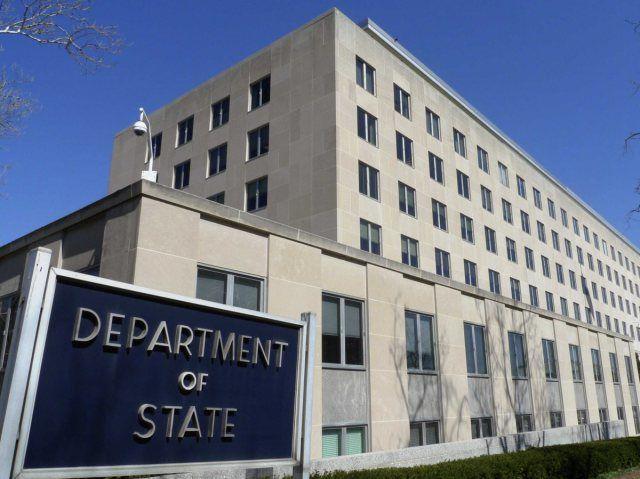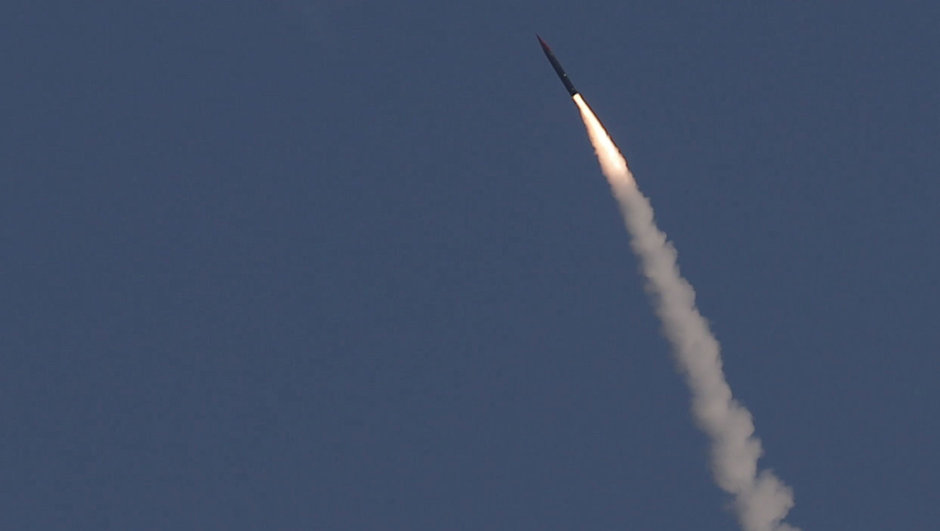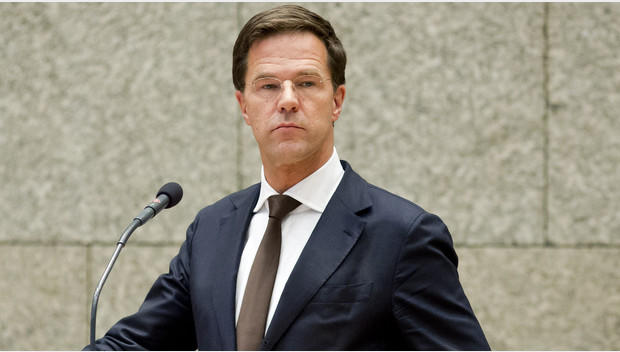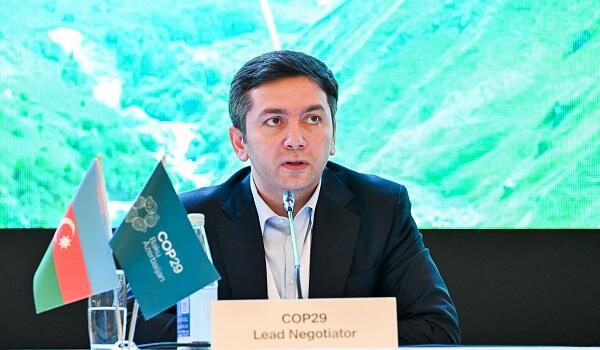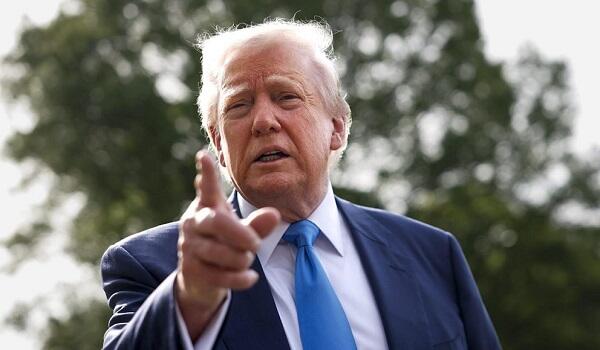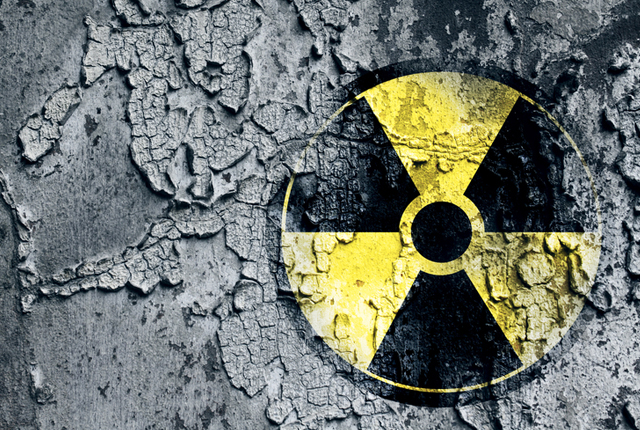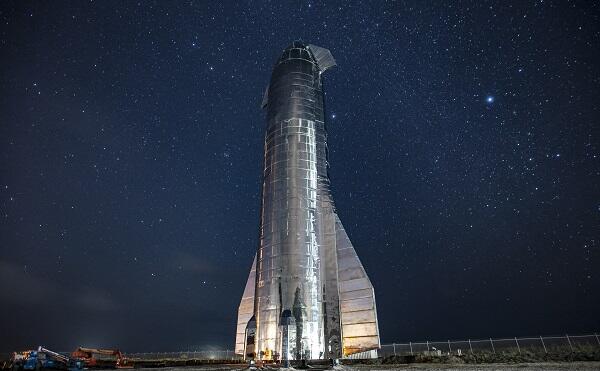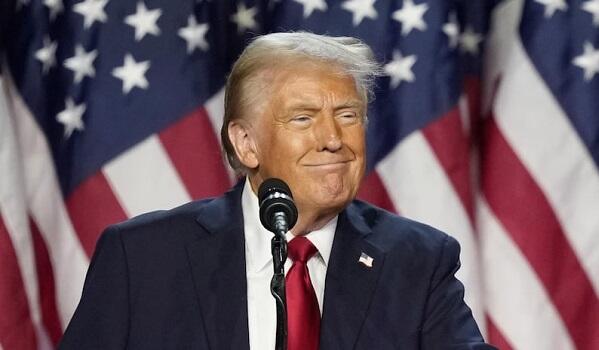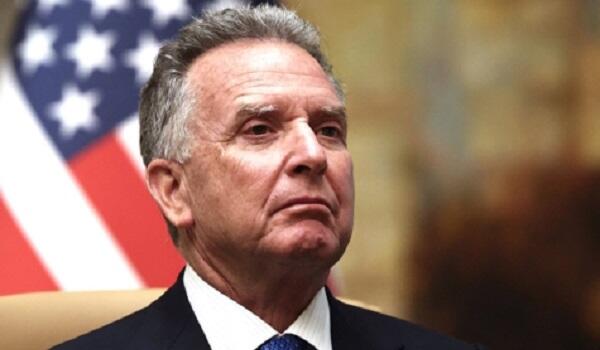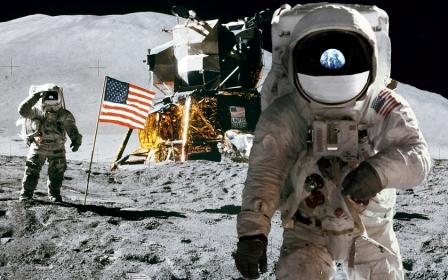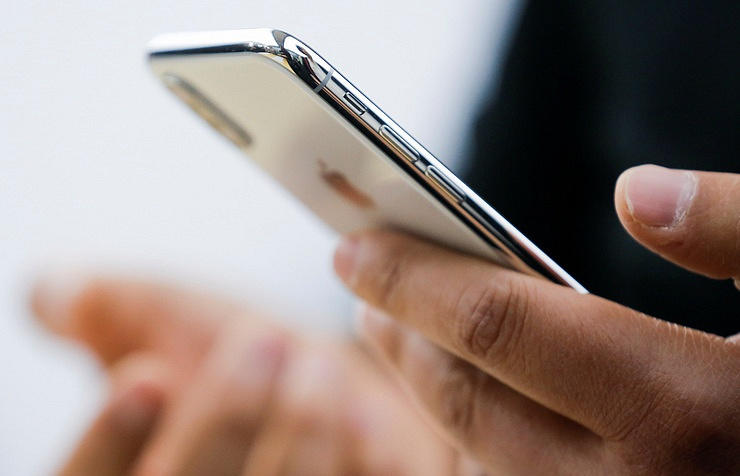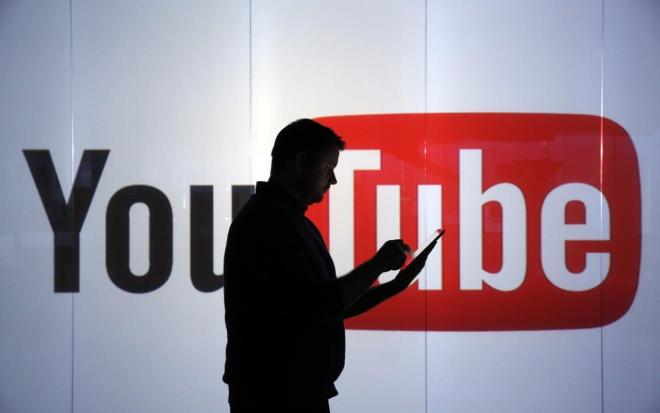Apple has announced an additional $100 billion investment in U.S. manufacturing, increasing its total domestic commitment to $600 billion over four years. This comes amid growing pressure from President Trump’s administration, which has criticized Apple’s continued reliance on overseas production, particularly in countries like India.
Axar.az reports that the new investment is intended to strengthen Apple’s U.S. manufacturing footprint and potentially shield the company from escalating tariffs, including a 100% tariff on chips and semiconductors announced by Trump.
At a White House event, Apple CEO Tim Cook emphasized the company's dedication to America, stating that Apple will continue building technologies at the heart of its products in the U.S. For the first time, all cover glass for iPhones and Apple Watches will be made at Corning’s facility in Harrodsburg, Kentucky.
Trump praised Cook during the event, calling the investment the largest Apple has ever made in any country.
Apple also revealed partnerships with companies like Samsung, Texas Instruments, and Applied Materials to support its U.S. production expansion.
As part of its broader domestic strategy, Apple is also launching a Manufacturing Academy in Detroit, starting August 19, to offer free workshops on artificial intelligence and advanced manufacturing to small and mid-sized American businesses. This is one of several efforts Apple is making to reshore parts of its supply chain after years of relying heavily on China, Vietnam, and India. However, experts caution that a full relocation of iPhone manufacturing to the U.S. could take at least five years and drastically increase device prices, with some analysts estimating a U.S.-made iPhone could cost up to $3,500.
Apple's announcement comes as the company faces steep tariff-related costs, already amounting to $800 million this year, with expectations to hit $1.1 billion by the end of the fiscal fourth quarter.
Apple’s move to highlight its domestic commitment could help mitigate these costs and demonstrate goodwill with the Trump administration. The decision is also part of a broader trend among tech giants like OpenAI, TSMC, and Nvidia to build stronger ties with U.S. policymakers amid rising geopolitical tensions.



